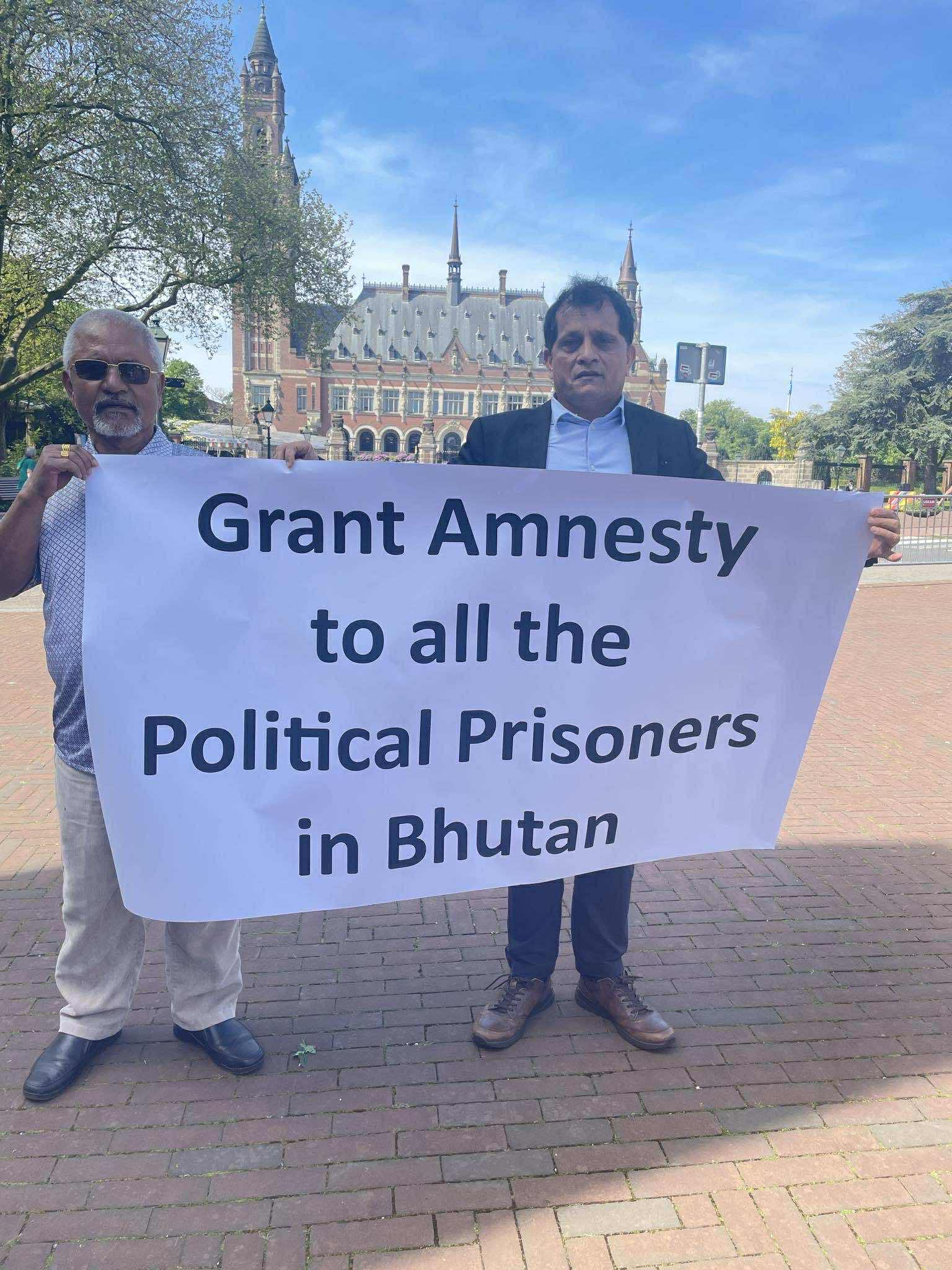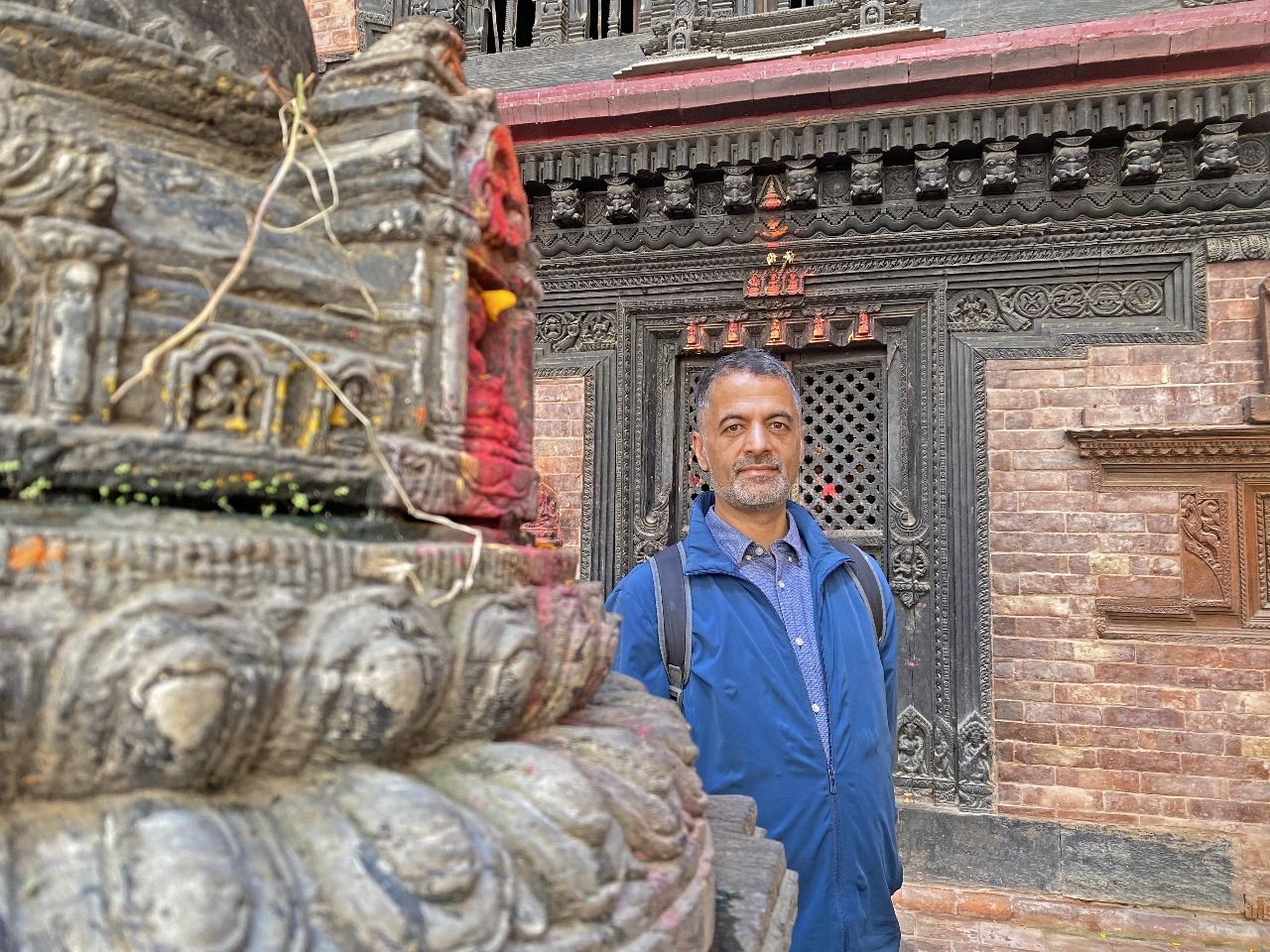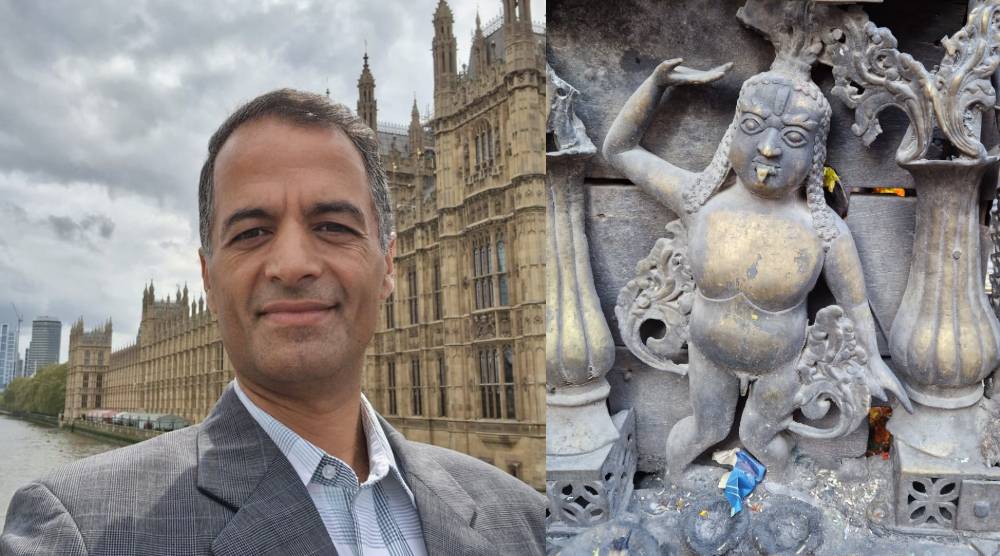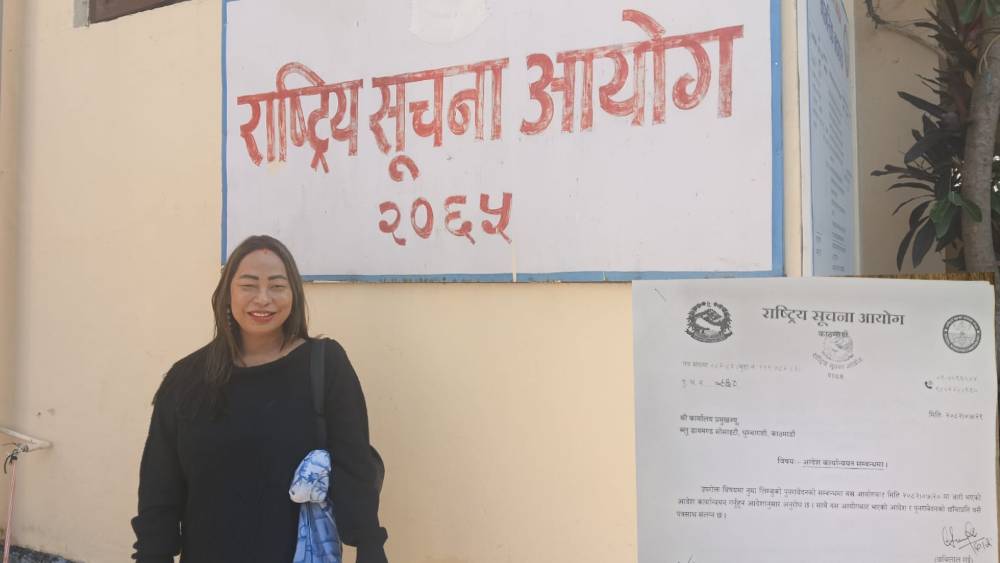The difficulty of being in the closet is part of what convinced Mr. Chavez of the importance of transparency. “It can be hard to be out — or one can imagine that it might be hard, which is more often the case,” he wrote in a memo to colleagues in 2011. “But if that imagination leads to holding back, manufacturing alternative stories of how you spent your weekend or where you spent your time off, that not only impacts your peace of mind, it also has negative consequences for your career.”
When a recruiter from Goldman contacted him in the early 1990s, he worried that Wall Street wouldn’t take to his sexuality as kindly as Silicon Valley had. At the time he worked for a software start-up and had little notion of what Goldman even did.
“I didn’t think much about Wall Street,” he said recently. “I thought I was being clever in getting a free trip to New York City.”
During interviews at the bank, he said, he was impressed by his interviewers’ quick wits. And his future boss took it in stride when Mr. Chavez said he was gay.
Soon Mr. Chavez was plunged into Goldman’s early efforts to automate its trading business with a computer system, SecDB, which is still the spine of its operations. Within the elite trading division where Mr. Chavez was placed, the J. Aron & Company operation — a shop that groomed many of the company’s leaders — he worked with Mr. Blankfein, now the chief executive, and Gary D. Cohn, now Goldman’s president.
 Mr. Chavez struggled, though, with drinking, a vice he attributes to an overindulgence in New York’s gay night life. While going through Alcoholics Anonymous in 1997, Mr. Chavez got Galahad, the dog, to try to help him stay sober.
Mr. Chavez struggled, though, with drinking, a vice he attributes to an overindulgence in New York’s gay night life. While going through Alcoholics Anonymous in 1997, Mr. Chavez got Galahad, the dog, to try to help him stay sober.
He also decided he wanted a change of scene — pulling a “geographic” in the parlance of A.A. Over the protests of Mr. Cohn, he briefly took a job at another Wall Street company, Credit Suisse, then jumped back into the start-up world, building a company, Kiodex, that wrote software to evaluate energy-trading risks.
Kiodex had a rough ride. First, the tech bubble burst. Then, Mr. Chavez decided to collaborate with Enron right before the energy company went bust.
Sean Patrick Maloney, one of Mr. Chavez’s deputies at Kiodex, said Mr. Chavez’s outsider status gave him an unusual problem-solving creativity. “When you cross lines of difference in life — and you embrace things that to others seem taboo — it absolutely changes the way your brain works,” said Mr. Maloney, who is now a Democratic congressman from upstate New York. “He sees things that others miss.”
Still, his approach would occasionally go astray. It was at Kiodex where Mr. Chavez proposed making everyone’s salary public. Tom Farley, then Kiodex’s chief financial officer, says he talked Mr. Chavez out of that. “The type of transparency that Marty espouses isn’t for everyone,” said Mr. Farley, who is now in charge of the New York Stock Exchange.
Mr. Chavez, for his part, says the episode helped teach him not to prize “radical transparency for its own sake.”
Kiodex eventually recovered. Mr. Chavez sold it and retired to his house on Fire Island. He was 40 years old.
God: Take the Job
In the first weeks of his early retirement, Mr. Cohn phoned Mr. Chavez and asked him to return to Goldman. To consider the offer, Mr. Chavez traveled to a Catholic monastery in New Mexico for contemplation. At a Recode event last fall, he recounted how, while he was on toilet duty, God spoke to him and told him to go back to Goldman.
This is dicey territory for a Goldman partner. Mr. Blankfein was pilloried when he said, in 2009, that Goldman was “doing God’s work.” Mr. Chavez said recently that he regrets his reference to God at the event, but the incident conveys the earnest passion with which he speaks about Goldman.
Mr. Chavez was back at Goldman when the financial crisis hit — at the center of the bank’s efforts to calculate and track its health during those stressful times. Goldman made it through with better results than most rivals. But that success itself caused problems when government investigations uncovered instances in which Goldman profited from the country’s economic pain.
Mr. Chavez recalls friends and family asking: How can you work there? It was a message echoing across the world, with Wall Street under fire for driving the nation to the brink of disaster. Goldman began a charm offensive.
The company hired a new public relations chief, Jake Siewert, who previously worked as a chief White House spokesman under Bill Clinton. Goldman also began advertising campaigns stressing its philanthropic work and the financing it provides for projects like a new basketball arena in Kentucky.
Copy : http://www.nytimes.com
 Particularly at a place like Goldman, the changes can be an uncomfortable fit with business practices and a culture that have been built up over decades. Charles M. Elson, an expert on corporate governance at the University of Delaware, said that Goldman, born as an adviser to corporations, is not used to operating out in the open.
Particularly at a place like Goldman, the changes can be an uncomfortable fit with business practices and a culture that have been built up over decades. Charles M. Elson, an expert on corporate governance at the University of Delaware, said that Goldman, born as an adviser to corporations, is not used to operating out in the open.













